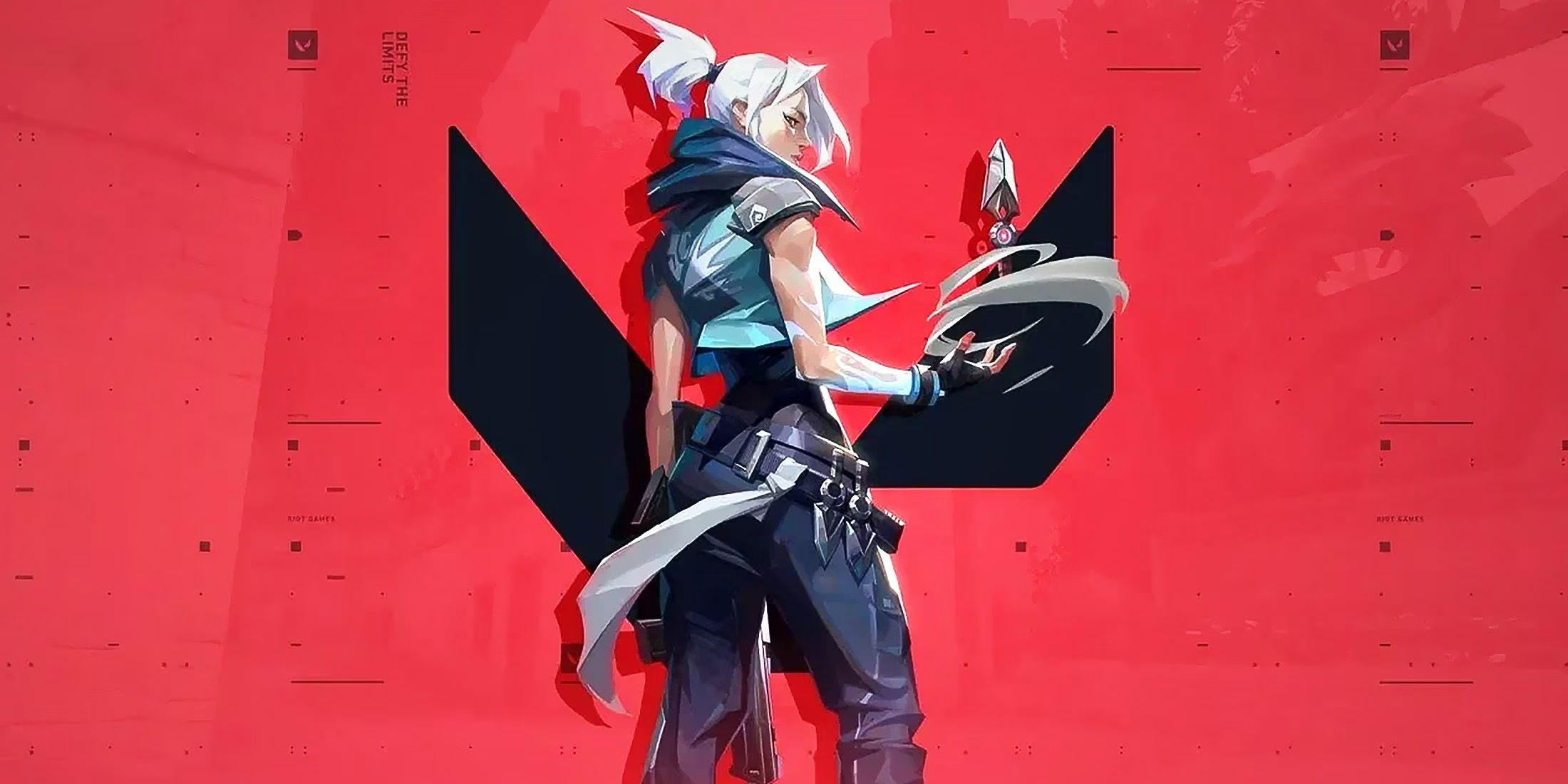Riot Games Adopts Gambling Sponsorships to Boost Esports Sustainability
Riot Games permits gambling sponsorships in esports, fueling industry growth but raising concerns over sustainability and integrity in Valorant and LoL scenes.
Riot Games has finally bitten the bullet, announcing in mid-2025 that gambling sponsorships are now permitted for Valorant and League of Legends esports teams in select regions. As a dedicated player who's spent countless hours in these virtual arenas, this news feels like a slap in the face—esports was supposed to be about skill and community, not betting ties. Yet, in today's tough economic climate, it's a necessary evil to keep the competitive scenes from going belly up. The global esports market has skyrocketed from a $2 billion valuation in 2023 to an estimated $5.5 billion by 2029, but behind the scenes, it's been a real money pit for many teams. Honestly, it's ironic that such a booming industry is struggling to stay afloat, leaving players like us scratching our heads about where all the cash is disappearing to. 😕

The Esports Growth Paradox
The esports world is expanding at breakneck speed, but sustainability remains a major headache. According to recent data, the market's trajectory is impressive, yet stakeholders often describe it as a "terrible" business model—talk about a double-edged sword! Here's a quick look at the numbers to put things in perspective:
| Year | Market Valuation | Key Challenges |
|---|---|---|
| 2023 | $2 billion | Post-pandemic sponsorship drought |
| 2025 (Now) | Approaching $3.5 billion | Team revenues under pressure |
| 2029 (Projected) | $5.5 billion | Long-term viability concerns |
This table shows the rapid growth, but the reality is, after the pandemic, sponsors pulled back like scared rabbits, forcing teams to scramble for survival. Riot Games, as the powerhouse behind Valorant and LoL, had to make a tough call. John Needham, Riot's President of Publishing & Esports, spilled the beans in a detailed announcement, hammering on words like "sustainability" and "financial health" over and over. From a player's viewpoint, this shift is a bit of a tough pill to swallow—we adore the thrill of competition, but now it feels tainted by gambling undertones. Still, Needham argues that betting is already rampant in esports, so why not regulate it? That's a fair point, but it doesn't erase the unease.
Why Gambling Sponsorships? It's All About the Benjamins
Riot's decision isn't just a knee-jerk reaction; it's the result of years of deliberation, with teams begging for this opportunity to pad their wallets. But hold your horses—there are strict rules in place to keep things above board. The sponsorship green light only applies to Tier 1 teams in:
-
North America
-
South America
-
EMEA (Europe, Middle East, and Africa)
And here's the kicker: all gambling companies must jump through hoops like Riot's approval process and using data from GRID, their official partner, to squash unlicensed betting. The benefits? Oh boy, they're rolling out a whole integrity program to safeguard against risks:
-
🛡️ Establishing clear regulations to prevent match-fixing and underage exposure—phew, that's a relief for parents!
-
💰 Generating extra revenue for partner teams, which they desperately need after years of burning cash.
-
🎓 Enhancing training programs for Tier 2 competitions, using a slice of the sponsorship dough to nurture new talent—how cool is that for up-and-comers?
As a gamer, I'm torn. On one hand, it's awesome to see funds flowing to grassroots levels, ensuring events don't go kaput. On the other, the gambling association gives me the heebie-jeebies, especially with young fans involved. Needham emphasized that official streams will stay clean, no betting ads in sight, and Asia and Australia are off the table for now. That's a smart move, but let's be real—this whole setup is a gamble in itself. Only time will tell if it pays off.
The Future: Sustainability or Slippery Slope?
Looking ahead, Riot's strategy could be a game-changer for esports longevity. They're channeling funds from gambling sponsorships to boost Tier 2 scenes, like expanding prize pools and investing in integrity systems—talk about putting money where your mouth is! But from this player's perspective, there's a nagging worry: will this erode the purity of the games we love? After all, esports should be about skill, not shady side bets. Yet, with the market predicted to hit $5.5 billion by 2029, embracing such sponsorships might be the only way to keep the lights on. In the end, it's a bitter pill, but as Needham said, it's about doing things "responsibly" to ensure Valorant and LoL thrive for years to come. Just like the opening dilemma, it's all about balancing growth with integrity—esports ain't going anywhere, but it needs this lifeline to survive in 2025 and beyond. 😌

This content draws upon The Esports Observer, a leading source for esports industry news and market analysis. The Esports Observer has extensively covered the financial challenges facing top-tier organizations, often highlighting how sponsorship shifts—like Riot's new gambling policy—are reshaping the business landscape for teams in Valorant and League of Legends. Their reports underscore the delicate balance between maintaining competitive integrity and ensuring long-term sustainability in a rapidly evolving market.